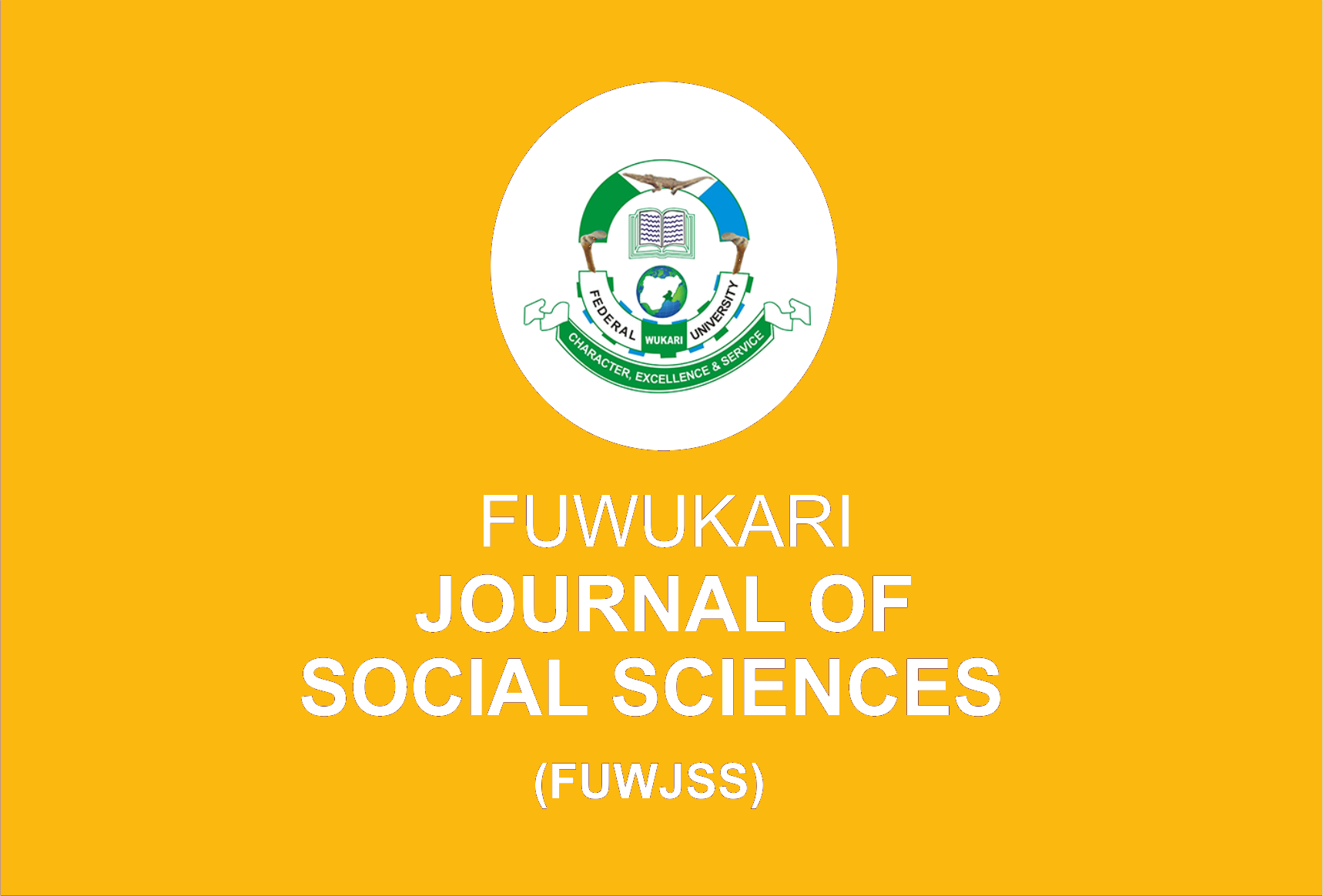Implications Of Insecurity On Food Production In Sankera Axis Of Benue State, Nigeria
Bojande Tavershima, Donald Tarfa Ende, Tyokever Eugene Amaakaven, Aver Tyavwase Theophilus
Keywords: Insecurity, food production, markets, porous borders, Sankera
Abstract
This study examines the implications of insecurity on food production in Sankera axis of Benue State. The specific objectives of the study coalesce on explaining the causes and sources of insecurity and how these impact on food production in Sankera axis of Benue State, Nigeria. The descriptive cross-sectional design was adopted for the study. Data was collected through a semi-structured questionnaire administered to 378 respondents, and this was complemented with key informant interviews. Findings of the study revealed that political struggle, poverty, farmers/herders conflict, porous borders and weak security system are the major sources and causes of insecurity in Sankera axis of Benue State. On the implications of insecurity on food production, the study found displacement of farmers, loss of farmland, reduced farming activities, reduced access to markets, decrease agricultural investment, loss of livestock and crops as the major implications of insecurity on food production in the study area. The study concludes that insecurity in Sankera axis of Benue State is not merely a localized issue but a pervasive threat that undermines the very foundations of food security in the area. Thus, the study recommends dialogue among politicians to address the lingering issues among them that has constituted the major source of insecurity in Sankera axis. Also, there should be the formation of local security outfits to compliment the efforts of the conventional security and the resettlement of displaced farmers to farmlands.
Author Biography
Bojande Tavershima
Department of Sociology, Baba-Ahmed University, Kano-Nigeria
Email: [email protected]
Donald Tarfa Ende
Department of Sociology, Benue State University, Makurdi-Nigeria
Tyokever Eugene Amaakaven
Department of Social Studies, College of Education Katsina-Ala, Benue State-Nigeria
Aver Tyavwase Theophilus
Department of Sociology, Ahmadu Bello University Zaria
Email: [email protected]

